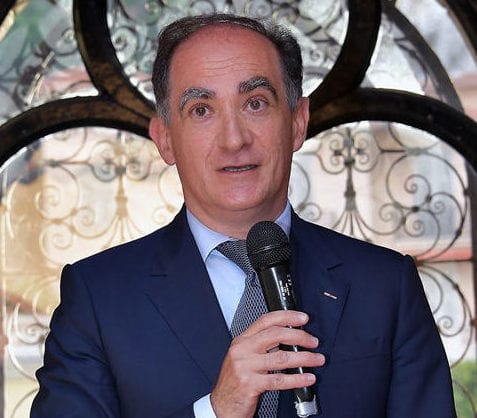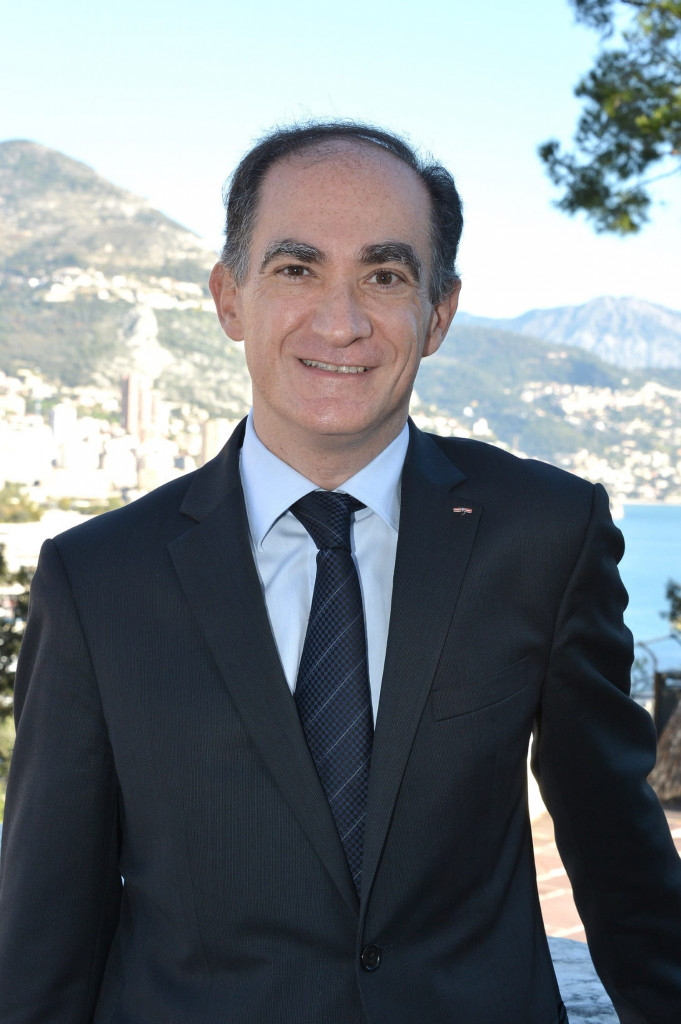Monaco’s Minister of Finance and Economy, Mr Jean Castellini, explains the recent tax transparency agreement between the EU and the Principality
On August 17 Monaco Life ran an item “UK Treasury may root out tax avoidance at source” that reported HM Revenue and Customs is looking at tough new sanctions against those professionals who bend the rules to gain a tax advantage, which could involve a penalty up to 100% of the tax amount avoided. Financial Secretary to the Treasury, Jane Ellison, believes this “will make would-be enablers think twice and in turn reduce the number of schemes on the market”.
The crackdown on tax avoidance was revived by public outcry after the Panama Papers in April, which included some 11.5 million documents “exposing the tax secrets of the global elite”, dating back from early spring 2016 to the 1970s. The UK’s European commissioner, Jonathan Hill, told The Guardian that the Panama leak had “shifted public mood”. According to the European parliament, the EU loses up to €70 billion a year through corporate tax avoidance.
Within four days of the Panama scandal, the European commission brought forward regulation “requiring multinationals operating in Europe to reveal taxes paid and profits earned in each of the EU’s 28 member states, “as well as fiscal havens”.
As Bloomberg said on August 24, “the world’s 20 biggest economies are offering amnesties or incentives for citizens and companies to repatriate funds, some legal, others not”.
HSH Prince Albert: “Ethics are not divisible”
The tax transparency issue had long been on the EU agenda. Following a series of international “landmark” tax treaties the EU signed in 2015 with Switzerland (May), Liechtenstein (October) and San Marino (December) and most recently with Andorra in February of this year, Monaco’s Minister of State, Mr Serge Telle, signed on July 12 the Amending Protocol to the Agreement between the EU and the Principality of Monaco, providing for measures equivalent to those laid down in Council Directive 2003/48/EC. This was eleven years to the day after HSH Prince Albert II said in his accession speech: “Ethics are not divisible. Money and virtue must be combined permanently. The importance of Monaco’s financial market will require extreme vigilance to avoid the development of the type of financial activities which are not welcome in our country.”
The head of state added, “To avoid such deviance; Monaco must function in harmony with all those organizations who share the same aim. Monaco must therefore respect the requirements of FAFT-GAFI (Financial Action Task Force on Money Laundering) and the tax authorities and in particular the French and American tax authorities, and respect all the other good practices in the control of financial flows.”
The Protocol’s impact on residents
The Amending Protocol sets out the basis on which Monaco and EU Member States will automatically exchange information on the financial accounts, under the OECD’s Global Standard on Automatic Exchange of Information (AEOI), of one another’s residents from 2018.
With the intent to reduce the possibility for tax evasion, the AEOI “provides for the exchange of non-resident financial account information with the tax authorities in the account holders’ country of residence”. The result is implementation of standards such as the United States Foreign Account Taxpayer Compliance Act (FATCA).
Monaco had already committed to an automatic exchange of information from 2018 when in December 2015 they signed the OECD CRS Multilateral Competent Authority Agreement (MCAA).
Addressing the impact of the recent Protocol on residents, Monaco’s Minister of Finance and Economy, Mr. Castellini, tells Monaco Life, “The Principality of Monaco is currently drafting and implementing the necessary legislation in order to exchange automatically in 2018 information that will be collected in 2017 on all non-residents.” Mr Castellini, stresses, however, that “Monaco residents that are regarded by a Financial Institution as solely resident in the Principality will not be subject to reporting to our participating partners for the OECD or to the EU Member States.” In other words, no information will be disclosed regarding their accounts held in Monaco.
Emphasising that Monaco will institute the necessary safeguards for taxpayers’ rights to confidentiality, privacy, secrecy and data protection, Mr. Castellini adds, “The Monaco Government is currently conducting a careful analysis of legal, constitutional and data protection implications of both the MCAA and the Protocol in order to ensure that all steps have been taken to comply with the Monegasque data protection rules.”
Article first published September 5, 2016.
READ ALSO: UK Treasury may ‘root out’ tax avoidance at source

